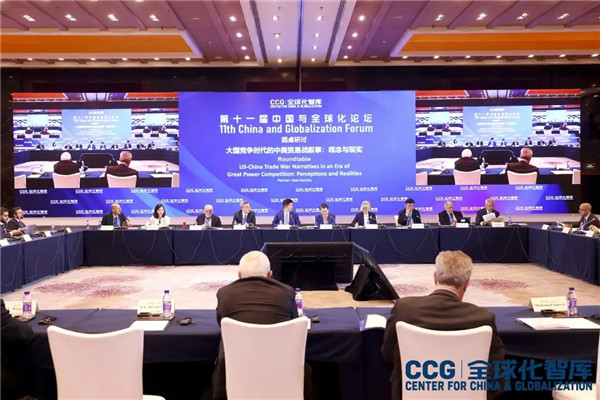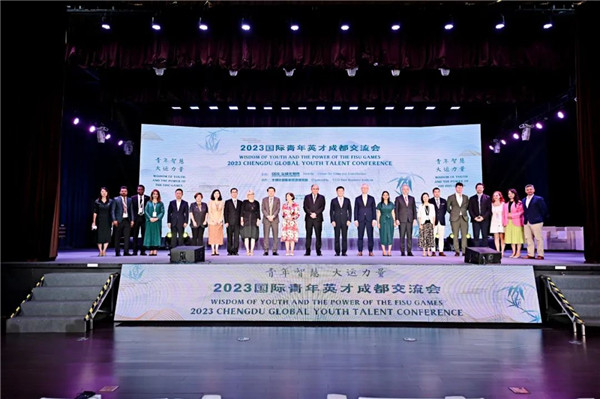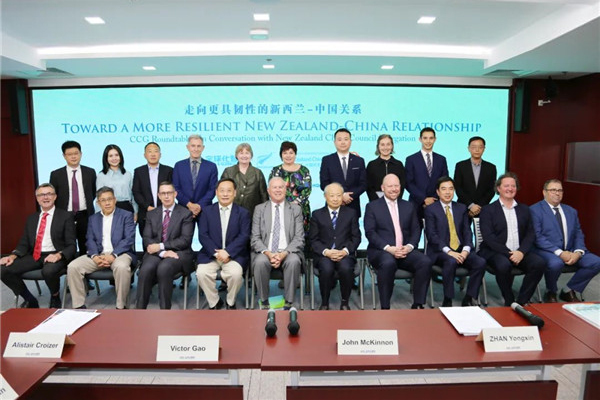CCG scholars remain optimistic with Sino-US trade relations prospect
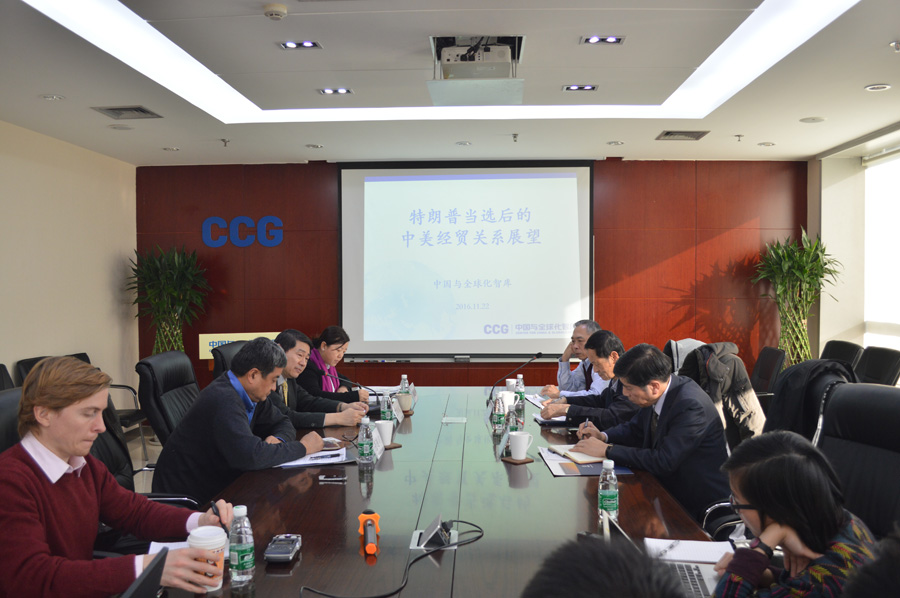
On Nov. 22, 2016, top CCG scholars gathered at a seminar to discuss the prospect of Sino-US trade relations during the Trump administration. They believe that the bilateral economic relations may face a tough time but the foundation will not be shaken.
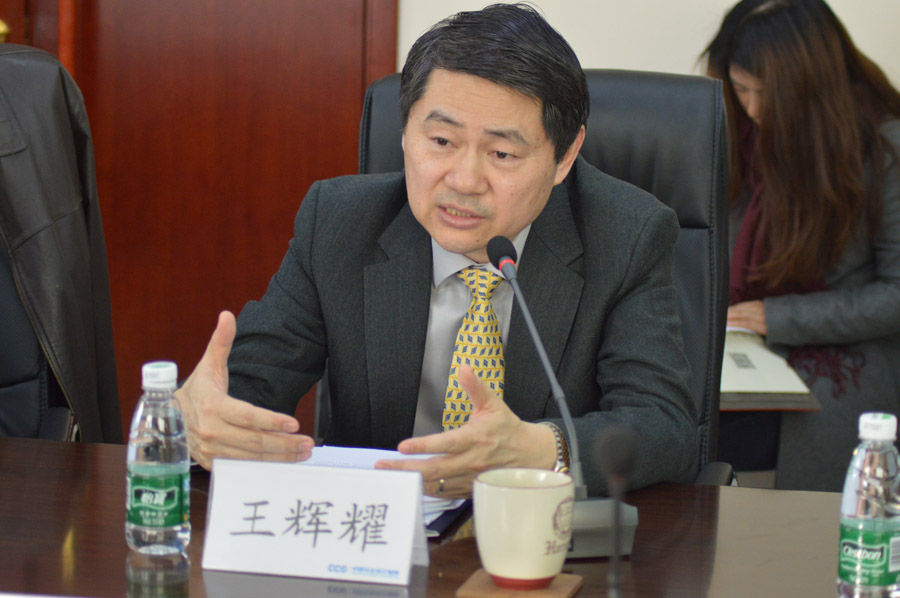
At the seminar “Prospect on China-US Economic and Trade Relations after Trump’s Election,” CCG President Wang Huiyao pointed out that China and US have become each other’s largest trade partner and essentially formed an economic community of common destiny. Moving on, the two countries will continue to shepherd the building of multilateral regional governance system. Therefore, he suggested that China and the United States maintain and deepen their existing cooperative relations, expand people-to-people engagement, enhance cooperation on infrastructure construction, jointly explore the market in the third country, and improve “Track II” diplomacy between the Chinese and US think tanks. Wang believes Trump’s business.
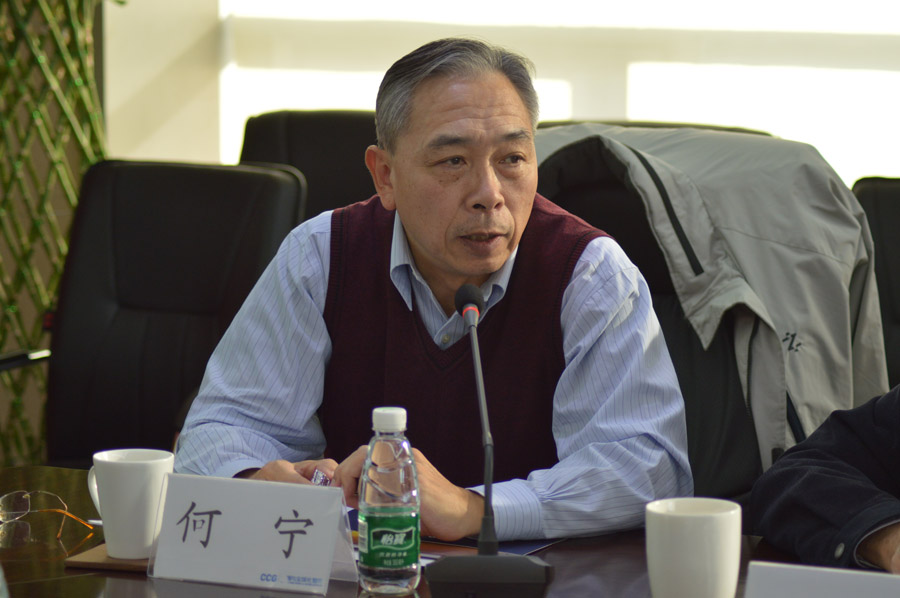
He Ning, the former director-general of the Department of American and Oceanic Affairs at the PRC Ministry of Commerce highlighted four factors that can stabilize the Sino-US economic and trade relations: 1) the bilateral trade has been persistently increasing and enhancing the interdependency of the two countries; 2) the world economic order remains stable and will not change fundamentally just because of Chinese or American leadership replacement; 3) China and the United States are both WTO members and subjected to the restriction of multilateral trade agreements; 4) The Sino-US trade relations are based on bilateral and also multilateral agreements to ensure fairness and reduce domestic political disruption.
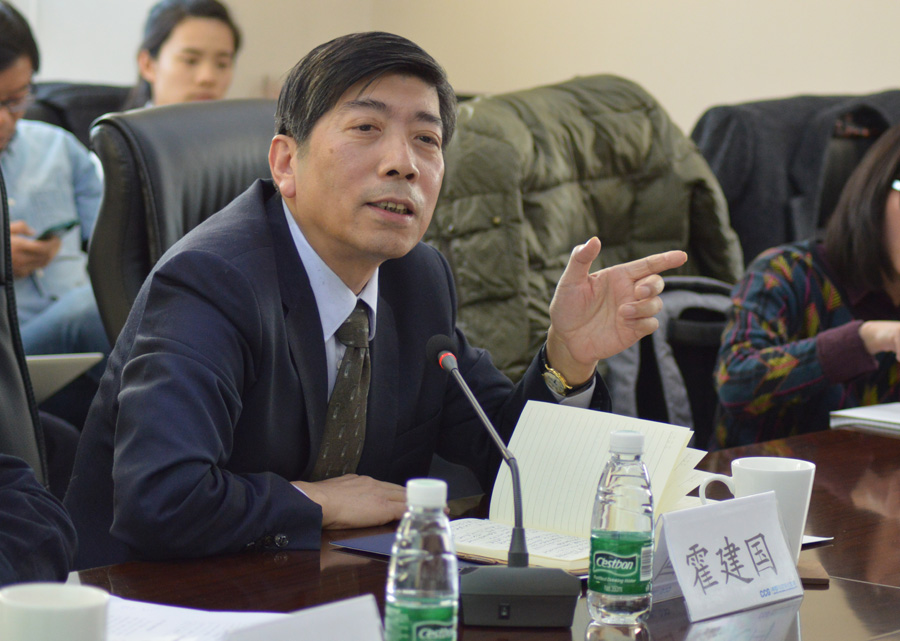
Huo Jianguo, CCG’s senior research fellow and former President of Chinese Academy of International Trade and Economic Cooperation at the Ministry of Commerce, raised the concern about the US economy, believing that the policies Trump pledged during his presidential campaign such as developing infrastructure and reduce tax may be effective but can hardly solve the root problem, which is the slowdown in the manufacturing industry. Therefore, he predicted the Sino-US economic relations will not make significant progress in the first two years of Trump’s presidency and may take off again if his policies succeed. In the meantime, he suggested China not to seek global leadership in the near future but steadily expand its international influence through RCEP and other regional economic schemes.
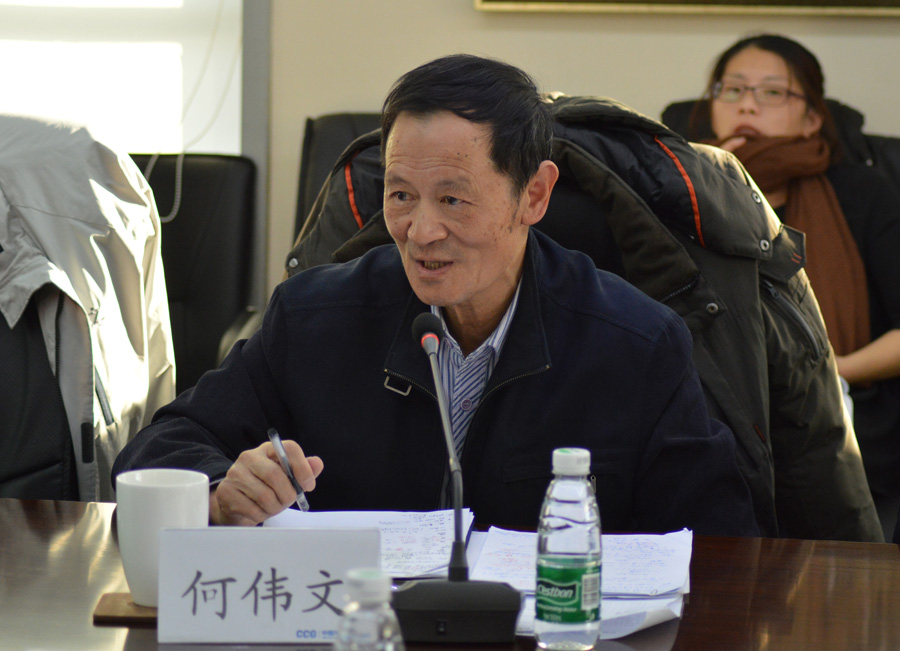
He Weiwen, CCG’s Vice President and Former Economic and Commercial Counselor at the Chinese consulates in San Francisco and New York, argued that Trump’s administration may cause some setback to the Sino-US relations but he remains optimistic with the overall prospect. Trump represents many blue-collar Americans’ voice and takes advantage of grassroots voters’ anger and anxiety to rally support to his political agenda. He blamed foreign trade, especially the trade with China, for the US economic slowdown and will be most likely to put forward some anti-China trade policies. He suggested that China seizes the time window before Trump is sworn in to proactively communicate with the US business community, think tank groups and public and prove the mutual benefit of the bilateral trade relations. In the meantime, China should further improve the environment to attract more American investors and proactively engage the United states to join the RCEP and FTAAP initiatives.
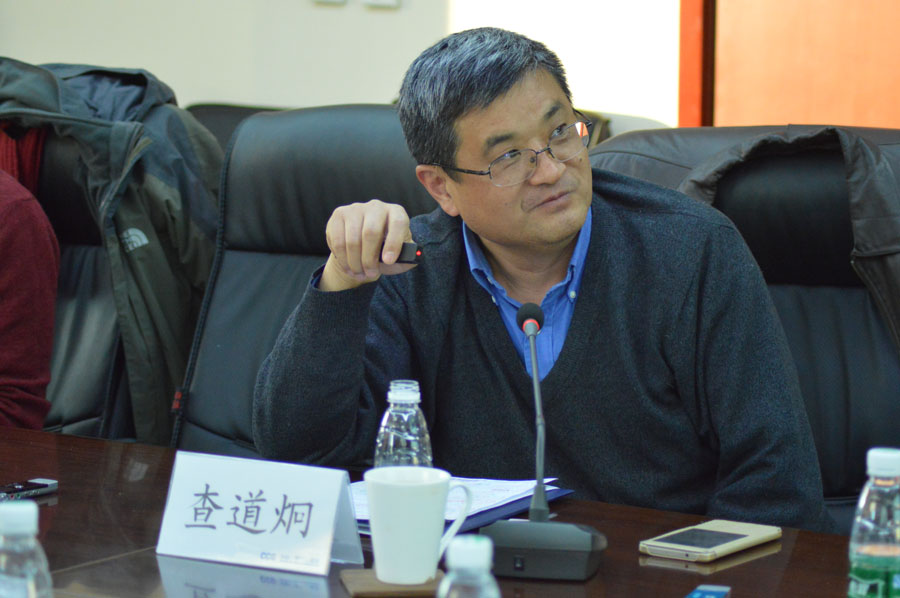
Professor Zha Daojiong from the School of International Relations at Beijing University called for more attention to Trump’s nomination of top leadership in some key departments such as commerce and justice and the new chairmen of foreign relations committees in the House and Senate. He also suggested the Chinese media to more effectively communicated with Americans about China’s economic reforms, rather than simply promoting the abstract concept of “China Road”.
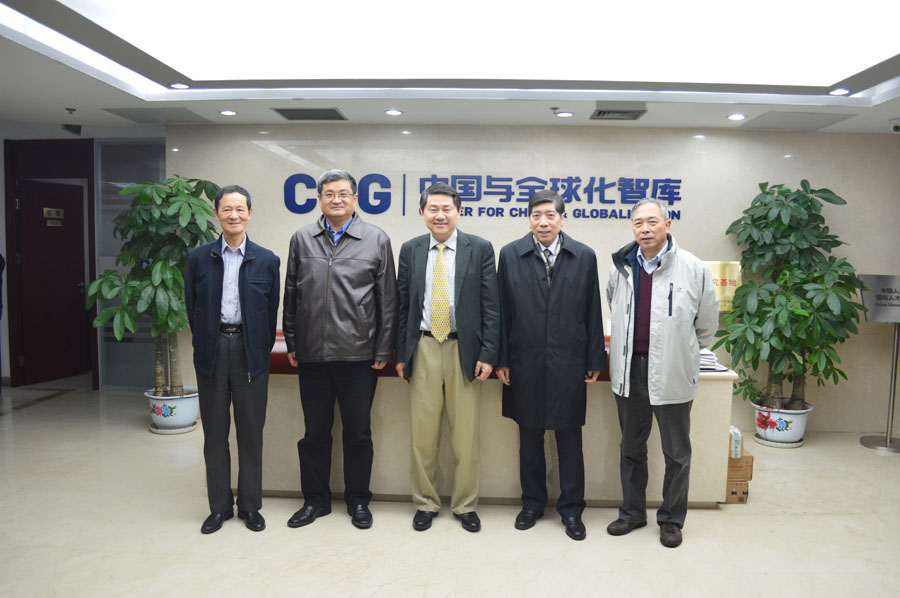
LocationBeijing
